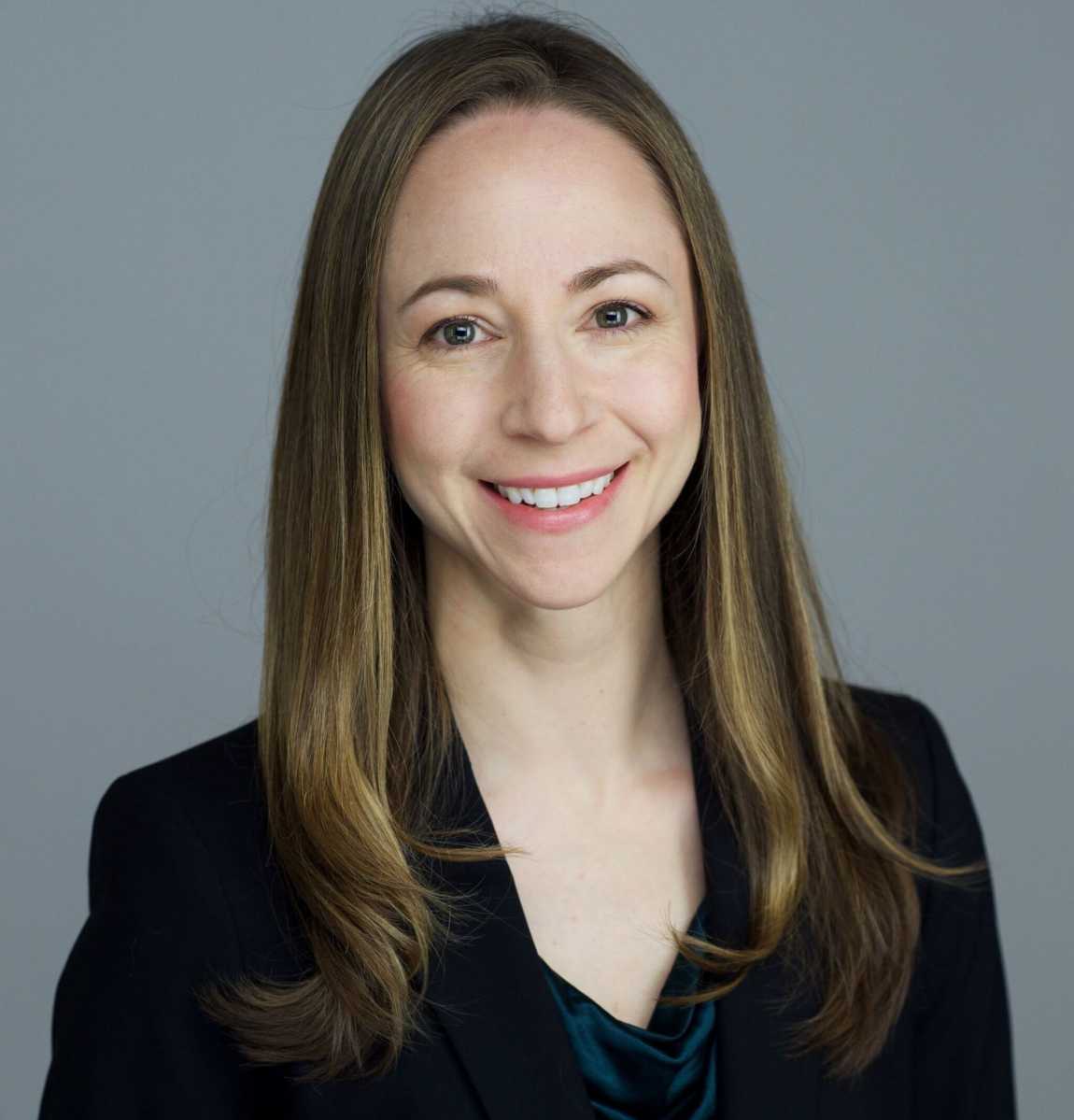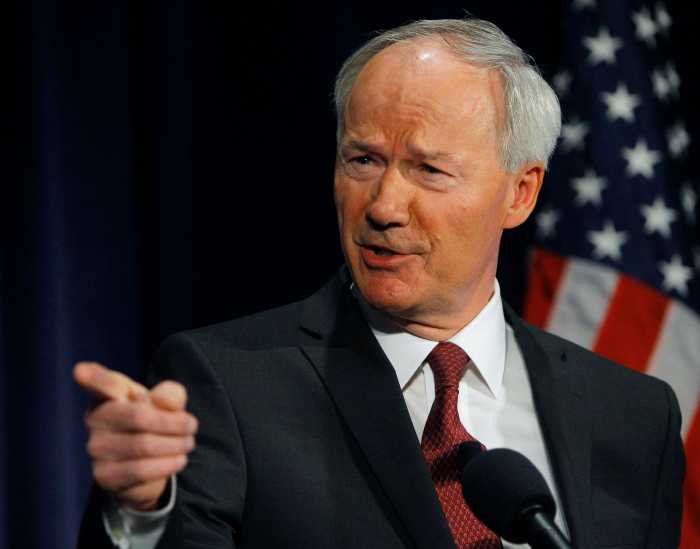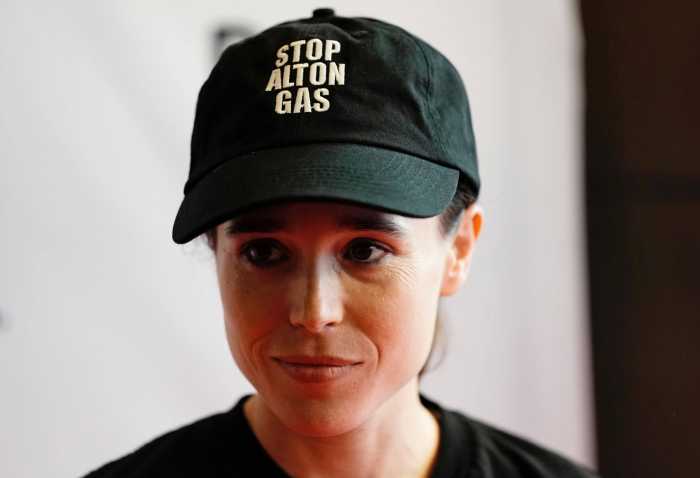A forthcoming five-year study funded by the federal government is aiming to fill gaps in research surrounding the experiences of individuals following gender-affirming surgery.
The Visiting Nurse Service of New York (VNSNY) and the Center for Home Care Policy and Research landed a $3.4 million grant from the National Institutes of Health to study up to 300 trans and non-binary individuals for 18 months after they undergo surgery. The research will be co-led by Miriam Ryvicker, a senior research scientist for Visiting Nurse Service of New York (VNSNY), and Walter Bockting, director of the program for the Study of LGBT Health at the Columbia University School of Nursing and Department of Psychiatry.
Researchers intend to track participants’ psychosocial development, relationships, support systems, employment and financial status, and physical, mental, sexual, social health, among other factors.
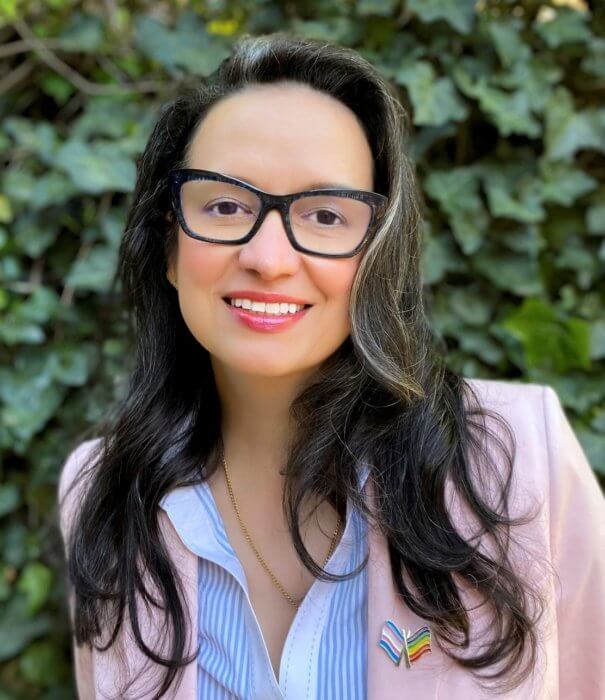
The idea to embark on such a project emerged several years ago over the course of lunch and dinner conversations between Ryvicker and Shannon Whittington, who heads up VNSNY’s Gender Affirmation Program (GAP). VNSNY provides home-based care, and the agency’s GAP program offers specialized care for patients who have undergone gender-affirming surgery.
The GAP program features “hand-selected” clinicians who are trained in caring for individuals after surgery — and those involved in leading that program started to notice that while existing research has covered the experiences of folks in the time leading up to surgery, there has long been a need to study how people fare after surgery.
“I started wondering — after we discharge patients, what happens to them?” Whittington said. “I’ve had nurses call and ask me, ‘I wonder how they’re doing. Were they able to get back into society?'”
Ryvicker and Whittington sought to address that gap by seeking out new avenues of research. They started small, but suddenly found themselves thinking about a much larger project than they initially anticipated.
“I looked for a foundation funder that might be interested — but I couldn’t quite find a fit in terms of the foundation that might fund an actual research study,” Ryvicker said. “There were foundations I could find and doing work in this area, but not research per se.”
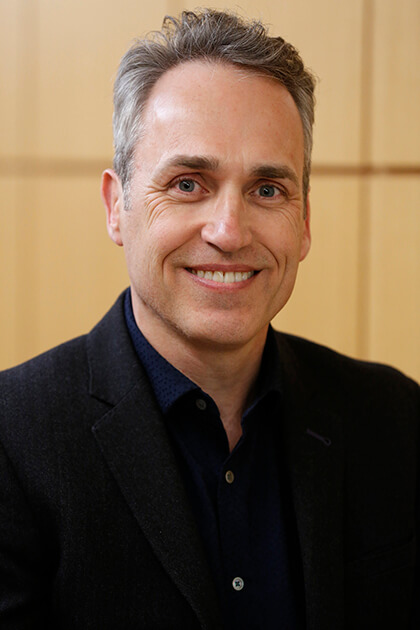
They then set their sights on the NIH, and, according to Ryvicker, “that was kind of where it went from this idea of a smaller study to reaching out wider.”
The application for the research effort was submitted to the NIH in 2019, followed by revisions and resubmissions. It was finally funded this summer and researchers are currently in the preliminary stages of getting the project off the ground.
Participants will be recruited for the project from VNSNY’s GAP program and will be interviewed at the three-month, 12-month, and 18-month checkpoints. There will be participants from across the city as well as the surrounding areas, and patients will be enrolled every month for several years.
Researchers are stressing that providers are in need of more education in order to equip themselves with the tools they need to best serve trans and non-binary patients. That could wind up being a key factor in the results of the study.
“Barriers to healthcare for transgender and non-binary individuals include a lack of trust based on previous negative experiences, and a lack of healthcare providers trained in sensitively addressing their specific needs,” Bockting explained in a written statement to Gay City News. “How will surgery affect their encounters with primary care and specialty providers? Does the trust established during their time at GAP extend beyond the immediate post-surgical period into subsequent experiences with the healthcare system? What are the unique needs for services and support of transgender and non-binary people during the years after surgery? The information gathered from participants in this study will allow us to answer these types of questions and more.”

